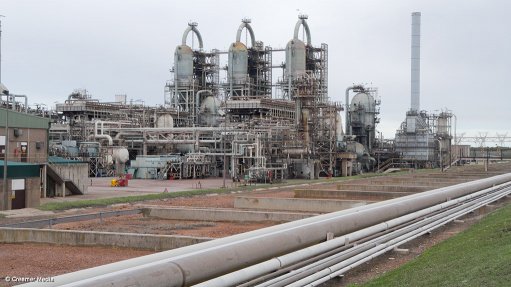
Photo by: Duane Daws
State-owned oil company PetroSA is set to suffer a projected devaluation of assets of R1.1-billion this financial year in addition to the R14.5-billion impairment it suffered in the 2014/15 financial year, MPs heard on Tuesday.
Briefing parliament’s portfolio committee on energy, PetroSA board members and acting executives gave MPs an inside look into several investigations into the R14.5-billion resulting from mostly the failed Project Ikwezi which brought in much less gas than anticipated after the company spent-billions on infrastructure.
Acting PetroSA CFO Webster Fanadzo was asked to explain the latest impairment, and insisted it did not mean that PetroSA lost or damaged any assets.
“There are indications that production assets were overstated by R1.1-billion for the year ending March 2017.”
“The impairment we looking at R1.1-billion . . . for 2016/17,” said Bhekabantu Ngubane, acting chairperson of PetroSA.
PetroSA further went on to explain it had a cash balance of R2.5-billion. Before Project Ikhwezi the balance stood at R12.8-billion.
“If we do nothing with the asset…the company will be going down,” said the company’s acting chief operating officer Kholly Zono said.
MPs were not impressed, especially after the board and management tried to present a turnaround strategy, saying it had many grand plans but not practical ways of how it would be implemented and funded.
In October last year 2015, PetroSA announced it had parted ways with its former CEO Nosizwe Nokwe-Macamo “on mutually acceptable and amicable terms”.
A similar agreement was reached with CFO Lindiwe Mthimunye-Bakoro after the two were suspended following the news the company had suffered the massive loss under their watch.
The PetroSA loss of R14.9-billion included a R14-billion impairment as a result of Project Ikwezi, a failed attempt to extend the life of the Mossgas plant by drilling new wells. The wells only produced 10% of the gas expected.